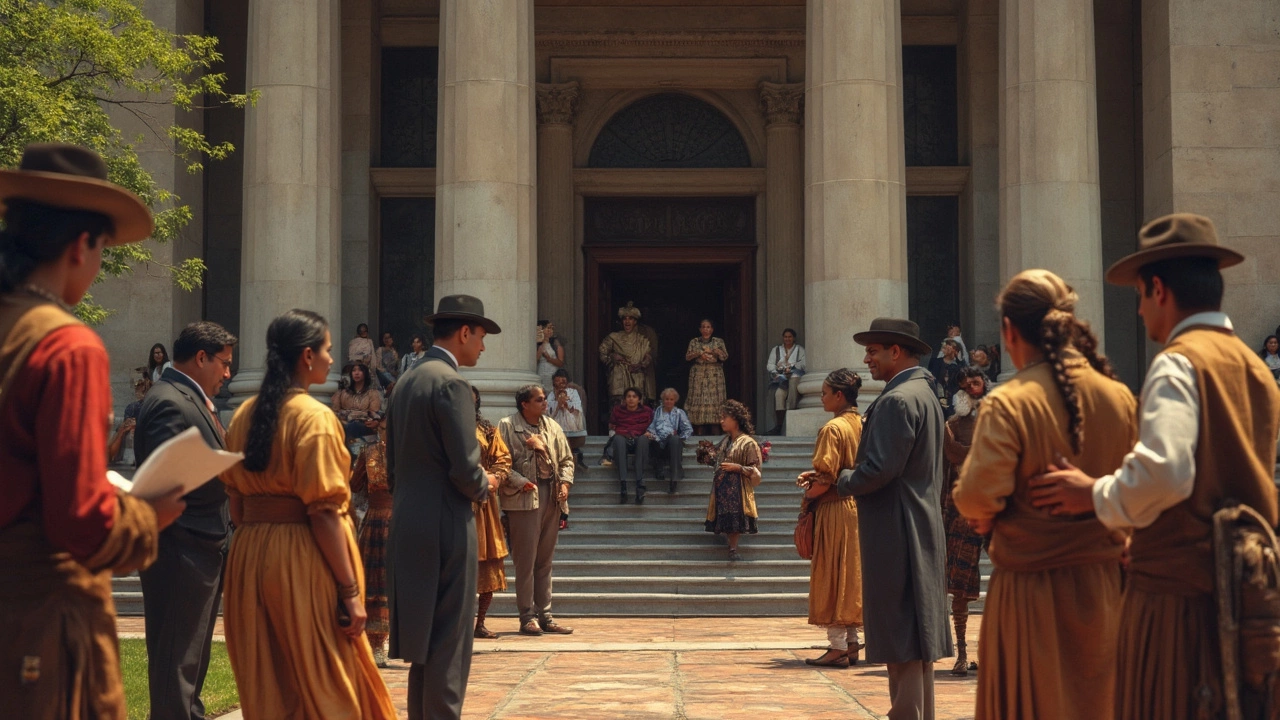Small Claims Virginia: How to File and Win Your Case
If you owe someone money or you think they owe you, a small claims court in Virginia can be a fast, cheap way to settle it. You don’t need a lawyer, the limits are low, and the process is simple. Below you’ll learn the basics, the exact steps, and some practical tips that will help you get a better result.
Key Steps to File a Small Claim in Virginia
First, check the claim limit. In Virginia the maximum you can sue for is $5,000. Anything higher goes to a higher court.
Next, gather proof. Receipts, contracts, photos, emails – anything that shows the amount you’re owed. The stronger your evidence, the smoother the hearing will be.
Now, fill out the "Complaint for Money" form. You can download it from the local circuit court website or pick it up at the clerk’s office. Write a clear, short statement of what happened, how much you’re asking for, and why the other side should pay.
When the form is ready, file it at the circuit court where the defendant lives or where the dispute happened. You’ll pay a filing fee – usually between $35 and $50 – but you can ask for a fee waiver if you qualify for low‑income assistance.
After filing, the court will give you a case number and a hearing date, usually within 30‑45 days. You must then serve the defendant with a copy of the complaint. In Virginia you can have the sheriff’s office do it, hire a professional process server, or use certified mail with return receipt.Don’t forget to prepare for the hearing. Write a brief outline of what you’ll say, organize your evidence, and practice answering possible questions. The judge will listen to both sides, look at the paperwork, and then decide.
Tips to Increase Your Chances of Winning
Show up early on the hearing day. Courts run on tight schedules, and being late can hurt your credibility.
Speak clearly and stick to the facts. Avoid emotional language – the judge wants to see evidence, not drama.
Bring copies of everything for the judge and the defendant. That includes the original complaint, receipts, contracts, and any correspondence.
If the defendant offers a settlement before the hearing, consider it. Settling can save time and money. If you accept, make sure you get the agreement in writing and have it signed.
After the judgment, the court will tell you how to collect. If the other side still refuses to pay, you can ask the clerk to help you with wage garnishment or a lien on property.
Finally, remember that small claims are designed for everyday people. You don’t need a fancy lawyer, but you can still get help from legal aid clinics, law school programs, or free online guides if you feel stuck.
With the right paperwork, clear evidence, and a calm approach, you can resolve many money disputes through Virginia’s small claims court without the hassle of a full trial.

Where Are Civil Cases Heard in VA? Essential Guide to Virginia's Civil Courts
Trying to figure out where a civil case gets heard in Virginia? This article breaks down the court options based on what’s at stake—money, property, or more. Learn how the court locations, processes, and limits can affect your case. Get tips on paperwork, what to expect in the courtroom, and why choosing the right court makes a real difference. Here’s how to navigate Virginia’s civil court system without getting lost.